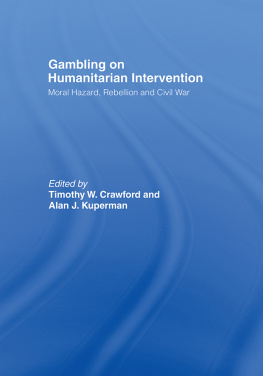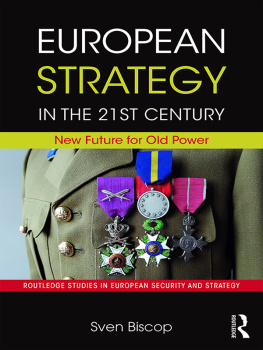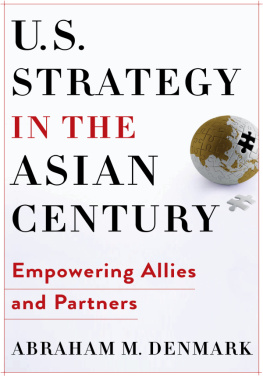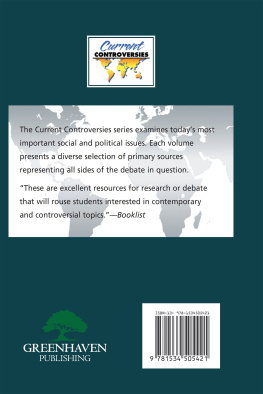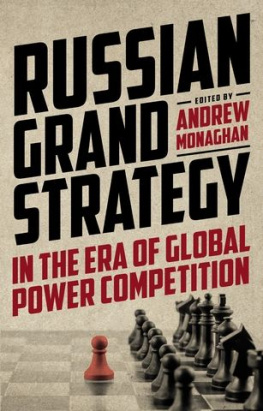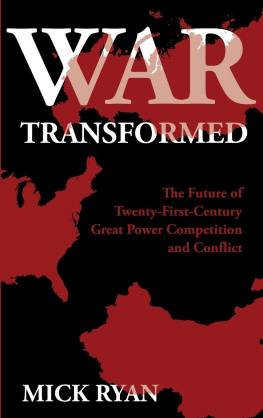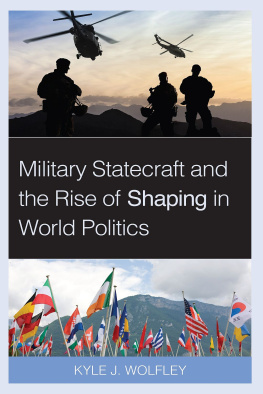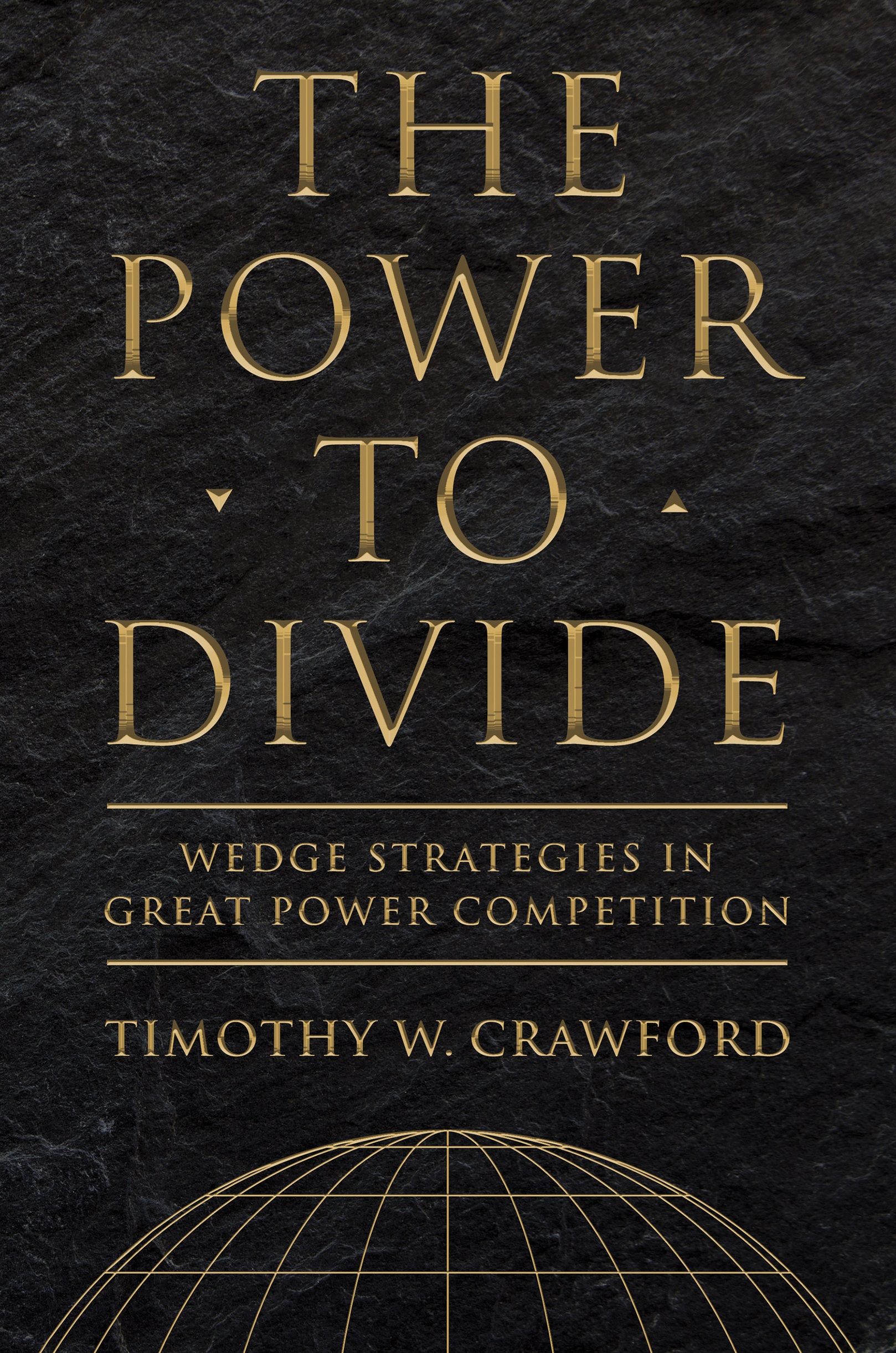Timothy W. Crawford - The Power to Divide: Wedge Strategies in Great Power Competition
Here you can read online Timothy W. Crawford - The Power to Divide: Wedge Strategies in Great Power Competition full text of the book (entire story) in english for free. Download pdf and epub, get meaning, cover and reviews about this ebook. year: 2021, publisher: Cornell University Press, genre: Science / Politics. Description of the work, (preface) as well as reviews are available. Best literature library LitArk.com created for fans of good reading and offers a wide selection of genres:
Romance novel
Science fiction
Adventure
Detective
Science
History
Home and family
Prose
Art
Politics
Computer
Non-fiction
Religion
Business
Children
Humor
Choose a favorite category and find really read worthwhile books. Enjoy immersion in the world of imagination, feel the emotions of the characters or learn something new for yourself, make an fascinating discovery.

- Book:The Power to Divide: Wedge Strategies in Great Power Competition
- Author:
- Publisher:Cornell University Press
- Genre:
- Year:2021
- Rating:4 / 5
- Favourites:Add to favourites
- Your mark:
The Power to Divide: Wedge Strategies in Great Power Competition: summary, description and annotation
We offer to read an annotation, description, summary or preface (depends on what the author of the book "The Power to Divide: Wedge Strategies in Great Power Competition" wrote himself). If you haven't found the necessary information about the book — write in the comments, we will try to find it.
Timothy W. CrawfordsThe Power to Divideexamines the use of wedge strategies, a form of divisive statecraft designed to isolate adversaries from allies and potential supporters to gain key advantages. With a multidimensional argument about the power of accommodation in competition, and a survey of alliance diplomacy around both World Wars, The Power to Divide artfully analyzes the past and future performance of wedge strategy in great power politics.
Crawford argues that nations attempting to use wedge strategy do best when they credibly accommodate likely or established allies of their enemies. He also argues that a dividers own alliances can pose obstacles to success and explains the conditions that help dividers overcome them. He advances these claims in eight focused studies of alliance diplomacy surrounding the World Wars, derived from published official documents and secondary histories. Through those narratives, Crawford adeptly assesses the record of countries that tried an accommodative wedge strategy, and why ultimately, they succeeded or failed. These calculated actions often became turning points, desired or not, in a nations established power.
For policymakers today facing threats to power from great power competitors, Crawford argues that a deeper historical and theoretical grasp of the role of these wedge strategies in alliance politics and grand strategy is necessary. Crawford drives home the contemporary relevance of the analysis with a survey of Chinas potential to use such strategies to divide India from the US, and the United States potential to use them to forestall a China-Russia alliance, and closes with a review of key theoretical insights for policy.
Timothy W. Crawford: author's other books
Who wrote The Power to Divide: Wedge Strategies in Great Power Competition? Find out the surname, the name of the author of the book and a list of all author's works by series.

